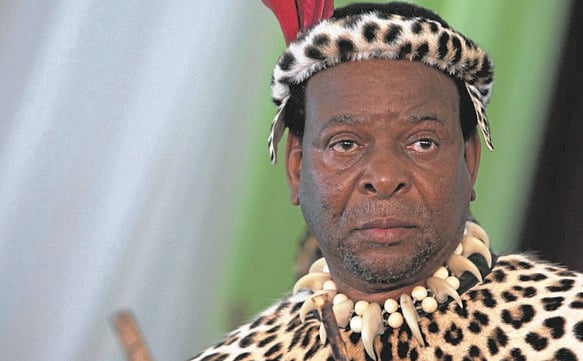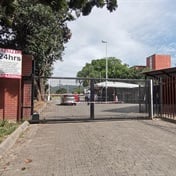
King’s aides deny forcing people into lease rentals and say that the Ingonyama Trust is for the Zulu nation’s benefit
The Council for the Advancement of the SA Constitution (Casac) is ready for a tough court battle when it takes on the Ingonyama Trust over rent paid by people living on trust land.
The civil society organisation argues in court papers that the trust has undermined the tenure rights of about 5 million residents of trust land in KwaZulu-Natal since at least 2017.
These residents are allegedly forced to conclude rental agreements and to pay rent to the trust.
Casac argues that this practice infringes customary law and the statutory system of permission to occupy land.
The case will be heard in the Pietermaritzburg High Court in November.
The trust was in the news last week after it reacted to the release of the report of the presidential advisory panel on land reform and agriculture.
The report recommends that the Ingonyama Trust Act should be reviewed or scrapped.
When a similar recommendation was made by the high-level panel led by former president Kgalema Motlanthe in 2017, King Goodwill Zwelithini warned government that the Zulu nation would fight for its land and that KwaZulu-Natal should be declared an independent state.
In its court case, Casac argues that the trust lays claim to land administration rights it does not have.
It says these rights are actually vested in the minister of rural development and land reform as well as the MEC for cooperative governance and traditional affairs in KwaZulu-Natal.
Lawson Naidoo, Casac’s executive secretary, said the court case was launched in cooperation with the Rural Women’s Movement in KwaZulu-Natal and seven affected people living on trust land.
“The core of the dispute is about the decision to convert the permission to occupy into formal rental agreements. This weakens the rights of the occupants of the land,” Naidoo said.
How long the residents may occupy the land is also limited and any improvements they make are to the benefit of the trust and the king.
Naidoo said many people had been living on this land for decades.
If they do not pay the rental, they run the risk of losing the land on which their families have been living for generations, he said.
The court papers show that the rental income derived from trust land runs into millions of rands and increases every year.
For the 2014/15 financial year, nearly R71 million in rental income was collected. In 2015/16 this increased to R96 million and rose to R107 million the following year.
The Motlanthe report indicated that there was little evidence to show that the income contributed to the general wellbeing of the community, as required by legislation.
The minister of rural development and land reform and the MEC for cooperative governance and traditional affairs are the third and fourth respondents in the case.
Rendani Sadiki, the director general of the department of rural affairs and land reform, said in answering court papers that the Ingonyama Trust Act did not prevent the trust from concluding rental agreements with residents.
Judge Jerome Ngwenya, chairperson of the trust’s board, said permission to occupy land was an apartheid instrument and that its reinstatement would violate the Constitution.
Ngwenya said the trust held land for and on behalf of the Zulu nation. The trust was not obligated to hand out land or tenure to anybody, he said.
Lucas Mkhwanazi, chief executive of the Ingonyama Trust’s board, denied that people were being forced to sign rental agreements, saying instead that the lessors are “invited” to enter into the agreements.
“The trust disputes that it is undermining the security of tenure of residents on trust-held land and that it is extorting money from them by compelling them to conclude lease agreements in terms of which rental is payable,” Mkhwanazi said, adding that the trust had statutory powers to do so.
This was aimed at uplifting people, not depriving them of any rights, he said.
TALK TO US
Should the Ingonyama Trust be allowed to charge residents rent for the land passed down for generations?
SMS us on 35697 using the keyword INGONYAMA and tell us what you think. Please include your name and province. SMSes cost R1.50. By participating, you agree to receive occasional marketing material




 Publications
Publications
 Partners
Partners








